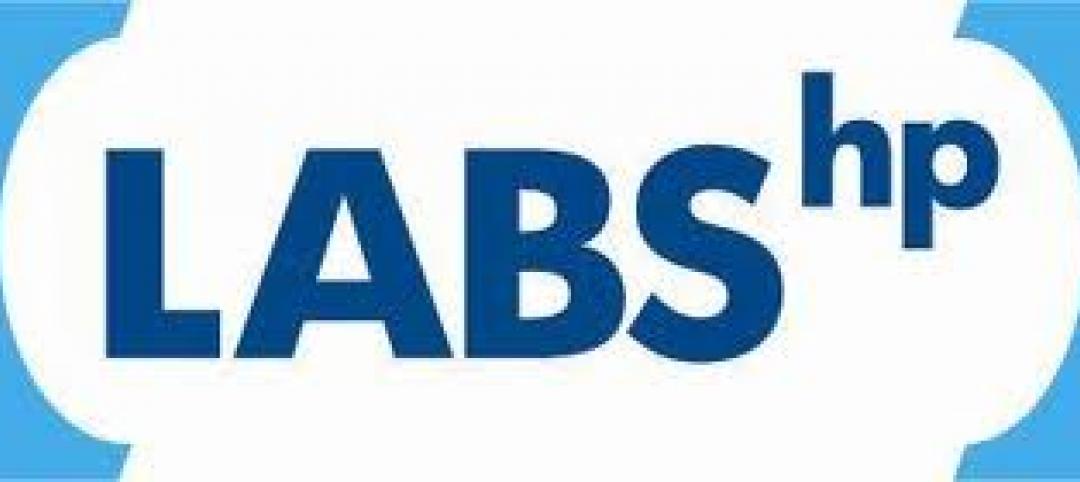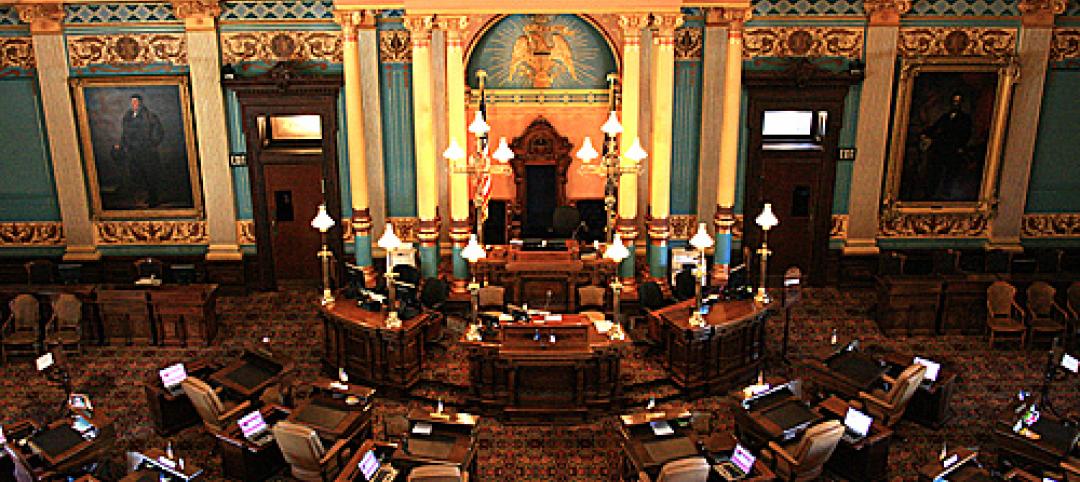Starting in June, California’s latest version of its Title 24 building code kicks in, requiring several systems come with demand response capability. Every new or retrofit thermostat, HVAC system, networked lighting controller, and building automation system in the state will have to be ready for two-way, automated utility-to-customer energy management. Non-residential building lighting systems will be required to have daylight-matching adjustment, dimming and demand response capabilities.
These devices and systems will be required to be “capable of receiving and automatically responding to at least one standards-based messaging protocol” to receive signals from utilities. There are a few standards that meet the requirement— OpenADR, SEP 2.0, and HomePlug.
OpenADR was developed by the California Energy Commission and Berkeley Labs. It offers tools to allow buildings and utilities to communicate about energy availability, price, and how buildings can execute and confirm actions to reduce power use.
These standards were enacted after the California Energy Commission identified flaws in the state’s approach to demand response in a 2013 report, including a failure to reach modest goals set in 2007 to reduce peak demand by 5%. The solution may come from a market-based program to encourage users to reduce demand during peak energy use periods. The new demand-response standards pave the way for this option.
Related Stories
| Jun 14, 2012
AGC, other business groups oppose hiring rules for disabled
Business groups have asked the U.S. Department of Labor to reconsider a proposed hiring quota aimed at federal contractors pertaining to people with disabilities.
| Jun 5, 2012
HP Labs aims for net-zero energy data centers
Building sustainable data centers is one of the goals of HP Labs, and it believes technology, combined with the right building techniques, could result in the construction of energy-efficient data centers.
| Jun 5, 2012
USGBC delays LEED 2012; renames it LEED v4
In response to concerns by LEED users, the U.S. Green Building Council (USGBC) announced that it will delay the ballot on LEED 2012 until June 1, 2013.
| Jun 5, 2012
Baltimore officials vow to block $1.8 billion urban renewal project
Baltimore officials want to block a $1.8 billion urban renewal project until more neighborhood residents and minority contractors are hired and displaced residents can benefit from the revitalization.
| Jun 5, 2012
OSHA launches campaign to warn of heat dangers in outdoor work
The Occupational Safety and Health Administration has begun a campaign to warn outdoor workers about the dangers of heat exposure.
| Jun 5, 2012
AGC’s Safety and Health Conference focuses on regulations, legislation
More than 150 industry professionals and other attendees will participate in the Associated General Contractors of America’s (AGC’s) safety and health conference July 11-13 in Washington, D.C.
| Jun 1, 2012
New BD+C University Course on Insulated Metal Panels available
By completing this course, you earn 1.0 HSW/SD AIA Learning Units.
| May 31, 2012
Proposed change in Michigan’s building code would hurt innovation, say critics
Legislation pending before the Michigan Senate would change the law that calls for building codes to be updated every three years to require an update only every six years.













